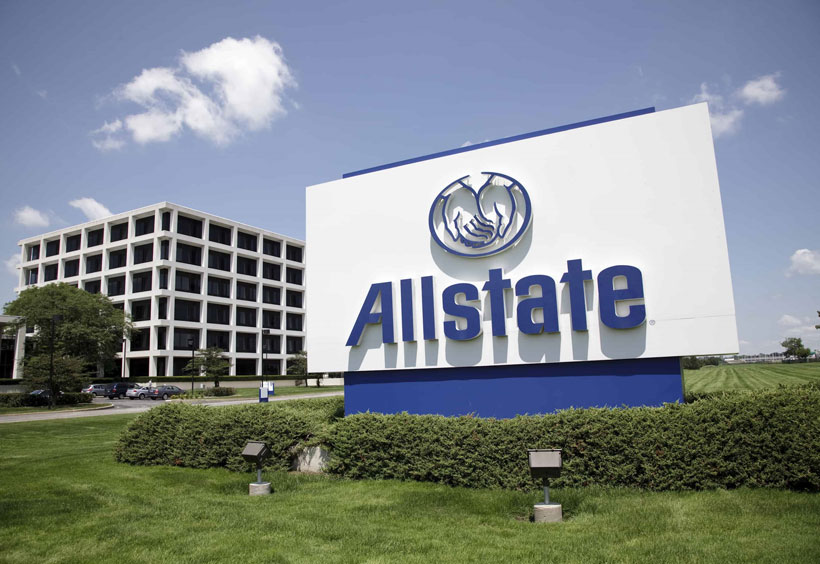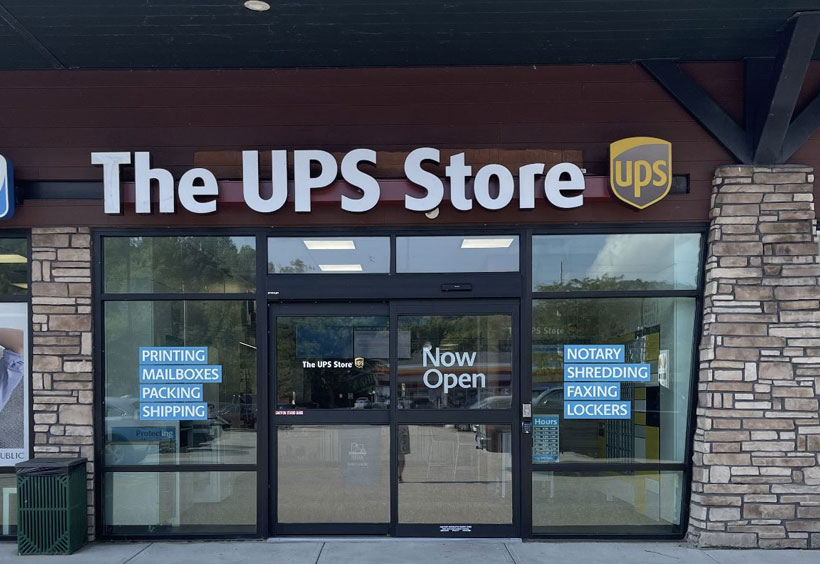How to Start An Allstate Insurance Agency

As the insurance industry continues to offer promising opportunities for budding entrepreneurs, many are drawn to the allure of renowned names in the sector. One such name that stands tall and prominent is Allstate. If you’ve found yourself pondering the steps on how to start an Allstate insurance agency, you’re in the right place. This comprehensive guide is crafted to provide you with insights and actionable steps to kickstart your journey.
Understanding the Allstate Brand
Before diving into the intricacies of starting an agency, it’s crucial to familiarize oneself with the Allstate brand. Founded in 1931, Allstate has evolved into one of the nation’s premier insurance companies. With its commitment to innovative solutions and customer-centric services, Allstate has carved a niche for itself, offering a range of insurance products, from auto and home to life insurance.
Detailed Steps on How to Start an Allstate Insurance Agency
- Meet Basic Requirements: Before anything else, ensure you meet Allstate’s basic requirements. This usually involves being over 21, having a clean criminal record, and possessing a high school diploma (though a college degree can be advantageous).
- Obtain Necessary Licensing: To operate an insurance agency, you’ll need to acquire the necessary state licenses. This often entails completing pre-licensing education and passing a state examination.
- Undergo Allstate Training: Allstate requires potential agency owners to undergo their proprietary training programs. This helps align new agency owners with the brand’s ethos and operational standards.
- Scout for Location: Like any brick-and-mortar venture, location is pivotal. Scout for locations that ensure visibility and accessibility to your target audience.
- Secure Initial Investment: Starting an Allstate agency requires capital. This covers everything from leasing your office space to initial advertising efforts. Allstate does sometimes offer financial support, so it’s worth inquiring.
- Set Up Your Office: Ensure your office not only serves functional needs but also resonates with the professional image of Allstate.
- Hire Staff: Depending on the size of your agency, you may need to hire support staff. This can include administrative assistants and additional insurance agents.
- Engage in Marketing Activities: Utilize both digital and traditional marketing methods to announce your agency’s arrival and attract initial clients.
- Maintain Continuous Education: The insurance industry is ever-evolving. Make it a point to stay updated with industry trends and Allstate’s evolving offerings.
Financial Aspects of Starting an Allstate Insurance Agency
Typical Cost to Get Up and Running:
Starting an Allstate insurance agency involves various costs, which can be broadly categorized into fixed and operational expenses. Fixed costs encompass initial investments like office lease, furniture, signage, and technology infrastructure, which can range between $50,000 to $100,000. Operational expenses include staff salaries, marketing, licensing, and continuous training. Allstate also charges a franchise fee, and while this can vary, it’s typically in the ballpark of $50,000. Thus, a potential agency owner should be prepared for a starting cost of around $100,000 to $150,000.
What Can I Make:
The earning potential for an Allstate agency owner can be substantial. However, it’s closely tied to the agency’s performance, the range of products offered, and the regional market conditions. On average, a new Allstate agency can expect to make between $80,000 to $200,000 in the first year, with the potential for growth as the business expands its clientele and offerings.
How Long Will It Take to Become Profitable:
Profitability hinges on various factors, including the agency’s location, operational efficiency, and marketing effectiveness. On average, many Allstate insurance agencies start seeing profitability within the first 12 to 24 months. However, it’s essential to reinvest a portion of early earnings back into the business to fuel growth and ensure long-term profitability.
Pros and Cons of Starting an Allstate Insurance Agency
Pros:
- Brand Recognition: Aligning with a name like Allstate instantly bestows credibility and trust.
- Training & Support: Allstate provides extensive training and continuous support to its agency owners.
- Diverse Product Range: Offering a broad spectrum of insurance products increases the potential client base.
Cons:
- Initial Investment: Starting an Allstate agency can be capital-intensive.
- Competition: The insurance industry is competitive, and even within the Allstate brand, there’s competition among agency owners.
- Regulatory Hurdles: The insurance industry is heavily regulated, which can sometimes make operations challenging.
Wrapping Up
Embarking on the journey of learning how to start an Allstate insurance agency is a commendable pursuit. With the right mix of dedication, industry insight, and the backing of a formidable brand name, success is more than attainable. By meticulously following the above steps and staying committed to the brand’s promise of excellence, you can carve out a successful insurance agency under the Allstate umbrella.








